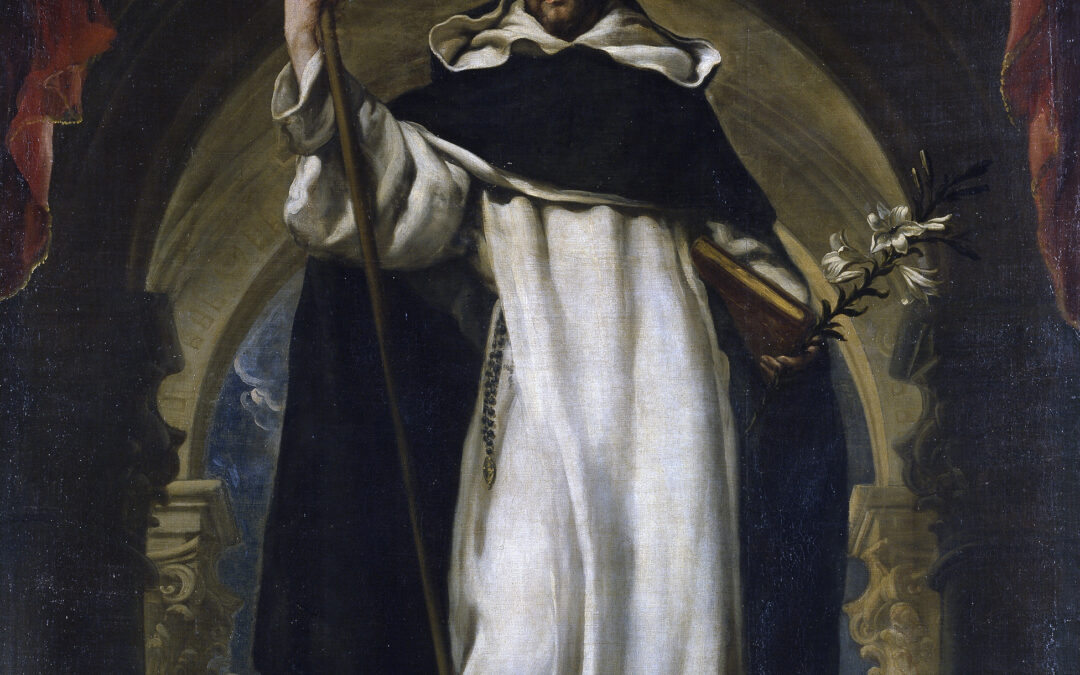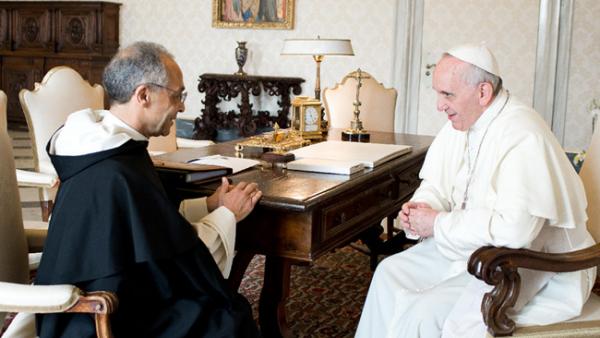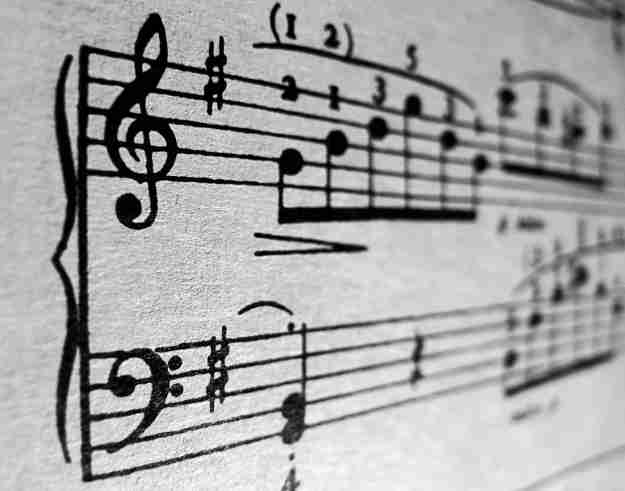
Saint Dominic de Guzman
St. Dominic de Guzman
St. Dominic de Guzman, also known as Dominic of Caleruega, was a Spanish-born Catholic priest and founder of the Order of Preachers, commonly known as the Dominican Order. Born in 1170 in Caleruega, Castile, Spain, Dominic’s life was marked by a deep devotion to God, a passion for preaching, and a commitment to spreading the teachings of the Catholic Church. His legacy as a religious leader and educator has had a lasting impact on the Church and continues to inspire many to this day.
Dominic was born into a well-to-do family. From a young age, he showed a strong inclination towards the Catholic faith, and his parents ensured that he received a solid religious education. He studied theology and philosophy at the Palencia, where he excelled in his studies and showed a keen interest in the Bible.
After completing his studies, Dominic became a canon regular in the Cathedral of Osma, where he dedicated himself to a life of prayer and study. It was during this time that he witnessed the grave harm of the Albigensian heresy, a sect that rejected key teachings of the Catholic Church and threatened the spiritual well-being of many in Europe.
In response, Dominic joined the efforts of the Bishop of Osma, Diego de Acebo, in preaching against the heresy and converting its followers. The two men travelled from town to town in France, engaging in debates and discussions with the heretics and offering them the true teachings of the Church. However, they soon realized that preaching alone was not enough to combat the heresy, and they needed a dedicated Order of men who could devote themselves to the task.
In 1216, Dominic established a religious community of preachers, with the approval of Pope Honorius III. The members of this order, later known as Dominicans, were to live a life of poverty, chastity, and obedience and were to be dedicated to preaching the Gospel, including the combatting of heresies. They were also encouraged to pursue advanced education and engage in scholarly debates to defend the Church’s teachings.
Dominic’s vision for the Order of Preachers was revolutionary for his time. The Order of Preachers was innovative in that it heavily focussed on preaching and teaching, rather than the traditional monastic practices. They also emphasized the importance of education and intellectual pursuits, which earned them the nickname “hounds of the Lord”, for their pursuit and defense of knowledge and truth.
The Order of Preachers quickly gained popularity and spread throughout Europe, establishing houses in major cities and universities. Dominic himself travelled extensively, preaching and establishing new communities.
In addition to his work as a religious leader, Dominic was also known for his kindness, humility, and devotion to service. He was a man of great compassion and worked tirelessly to help the poor and sick, founding hospitals and shelters for those in need. His deep love for God and his fellow human beings was evident in all aspects of his life.
St. Dominic de Guzman died on August 6, 1221, around the age of 51. He was canonized in 1234 by Pope Gregory IX as a saint in the Catholic Church. The Order of Preachers continues to thrive today, with over 6,000 members in more than 80 countries carrying on the legacy of St. Dominic and his commitment to preaching, teaching, and serving.
St. Dominic de Guzman’s life is a testament to his unwavering faith, dedication to the Church, and passion for preaching. His legacy as the founder of the Order of Preachers has had a lasting impact on the Catholic Church, and his teachings and examples continue to inspire people to live a life of service and devotion to God. St. Dominic’s life is a shining example of how one person’s vision and dedication can have a profound effect on the world.


